2021 Update:
No new updates have been made on hemp and CBD laws in Michigan.
In addition to the federal hemp laws laid out in the 2018 Farm Bill, each state has its own state hemp laws. Before we dive in on Michigan Hemp Laws and the legality of CBD in Michigan, it is important to understand the different types of hemp and CBD products that these laws may be applied to.
There are many (somewhat confusing) terms for hemp oil:
- Isolate or THC-Free Hemp Oil has only CBD and all other plant compounds have been removed, THC is undetectable. Pure CBD Isolate can also be purchased in powder form.
- Full-Spectrum Hemp Oil has all plant compounds, including less than 0.3% THC.
- Broad-Spectrum Hemp Oil has undetectable THC, but contains other plant compounds.
- PCR (Phytocannabinoid-Rich) Hemp Oil with Zero-THC is a new marketing term for broad-spectrum hemp oil.
- CBG Hemp Oil is a hemp oil from a cannabigerol (CBG) rich hemp strain that has more CBG than is found in CBD Hemp Oil.
- Hemp Flower is the dried and harvested flower of the hemp plant. It can be used whole or extracted to make CBD isolate, Full-Spectrum CBD, or Broad-Spectrum CBD (PCR Hemp Oil).
FAQ: Hemp and CBD Legality in Michigan
When it comes to buying CBD products, hemp flower, and hemp cigarettes here are some frequently asked questions that come up:
Is Full Spectrum CBD Legal in Michigan?
That is a trick question because full-spectrum CBD is not the same as the so-called PCR Hemp Oil! This new marketing term is certainly introducing even more confusion around CBD products.
The Michigan Department of Agriculture and Rural Development explains the types of hemp and CBD products and activities that are legal under Michigan hemp laws:
Any product derived from industrial hemp with a THC concentration above 0.3% is classified as marijuana and regulated under the laws that apply to those products through the Michigan Department of Licensing and Regulatory Affairs.
Products derived from industrial hemp, including CBD oil, fall under several different categories. Any substances that will be added to food or drink or marketed as dietary supplements must first be approved by the U.S. Food and Drug Administration for that intended use. At this time, the FDA has not approved CBD for use in food or drink or as a dietary supplement. Therefore, it’s currently illegal to add CBD into food products or drinks or sell it as dietary supplements.
GRAS (Generally Regarded As Safe) is a list of substances that the FDA considers safe to add to food. Hulled hemp seeds, hemp seed protein and hemp seed oil are considered GRAS, as of 12/20/18. CBD is currently not considered GRAS, as of 3/29/19. In Michigan, any food production falls under the Michigan Food Law and the licensing requirements within the law.
Growing industrial hemp will require a license from the Michigan Department of Agriculture and Rural Development (MDARD). MDARD is in the process of developing a licensing program for growers to meet the requirements of both state and federal laws to allow interstate commerce of the plants.
This means that most CBD products are legal in Michigan as long as they meet federal guidelines.
Is It Legal to Ship PCR Hemp Oil to Michigan?
It is legal to ship ALL types of hemp products with less than 0.3% THC to all US States according to the 2018 Farm Bill.
Where to Buy Full Spectrum CBD Oil in Michigan?
Under Michigan hemp laws, CBD can be bought and sold in stores or online.
Do you need a special license to purchase PCR Hemp Oil in Michigan?
You don’t need a special license to purchase CBD hemp oil (all types) in Michigan, only to grow, test, or sell products.
How Does Michigan Legally Define Hemp?
“Industrial hemp” means the plant Cannabis sativa L. and any part of that plant, including the viable seeds of that plant and all derivatives, extracts, cannabinoids, isomers, acids, salts, and salts of isomers, whether growing or not, with a delta-9-tetrahydrocannabinol concentration of not more than 0.3% on a dry weight basis. Industrial hemp includes industrial hemp commodities and products and topical or ingestible animal and consumer products derived from the plant Cannabis sativa L. with a delta-9-tetrahydrocannabinol concentration of not more than 0.3% on a dry weight basis.
Michigan Industrial Hemp Research and Development Act
Growing and Selling Hemp in Michigan
Michigan hemp growers and handlers must be registered and licensed with the state. They have a very well defined legal process to follow. The Department of Agriculture and Rural Development is the office that oversees Michigan's hemp cultivation program. The Michigan Industrial Hemp Research and Development Act is the Michigan state hemp laws.
Hemp and CBD products must comply with Michigan hemp laws:
- Products must contain no more than 0.3% THC
- Products must come from a registered farm
- Products must be tested by a licensed laboratory
- Marketing CBD-infused food is illegal in the state, per FDA guidelines
In addition to Michigan state CBD laws and the 2018 Farm Bill hemp laws, the US Food and Drug Administration (FDA) has additional requirements for CBD and hemp companies to meet.
Michigan state hemp laws allow for CBD products such as:
- Hemp topicals
- Hemp concentrates and extracts (oils and tinctures)
- Industrial hemp for building or fiber materials
- Industrial hempseed (food product)
- Industrial hempseed oil (food product)
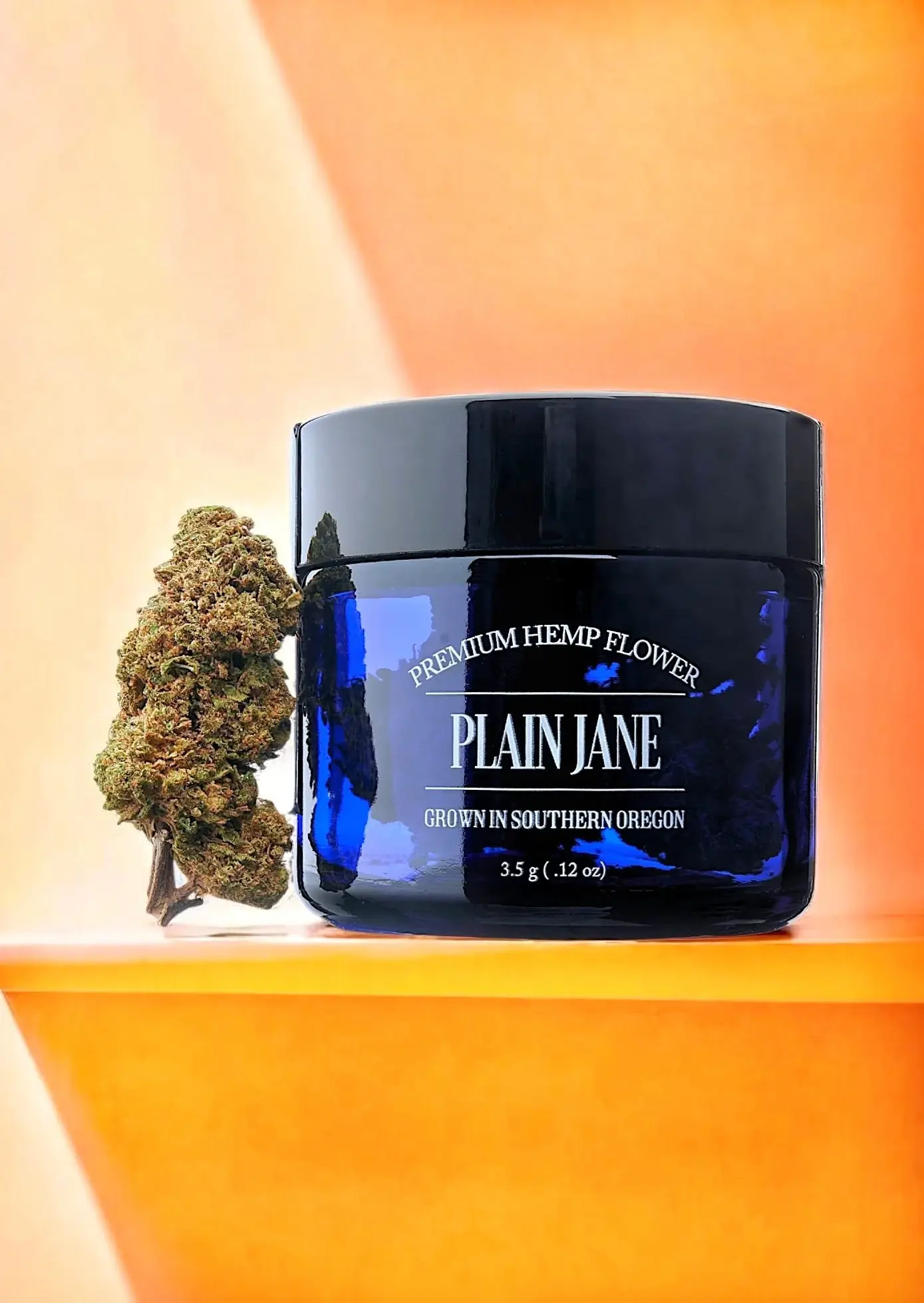
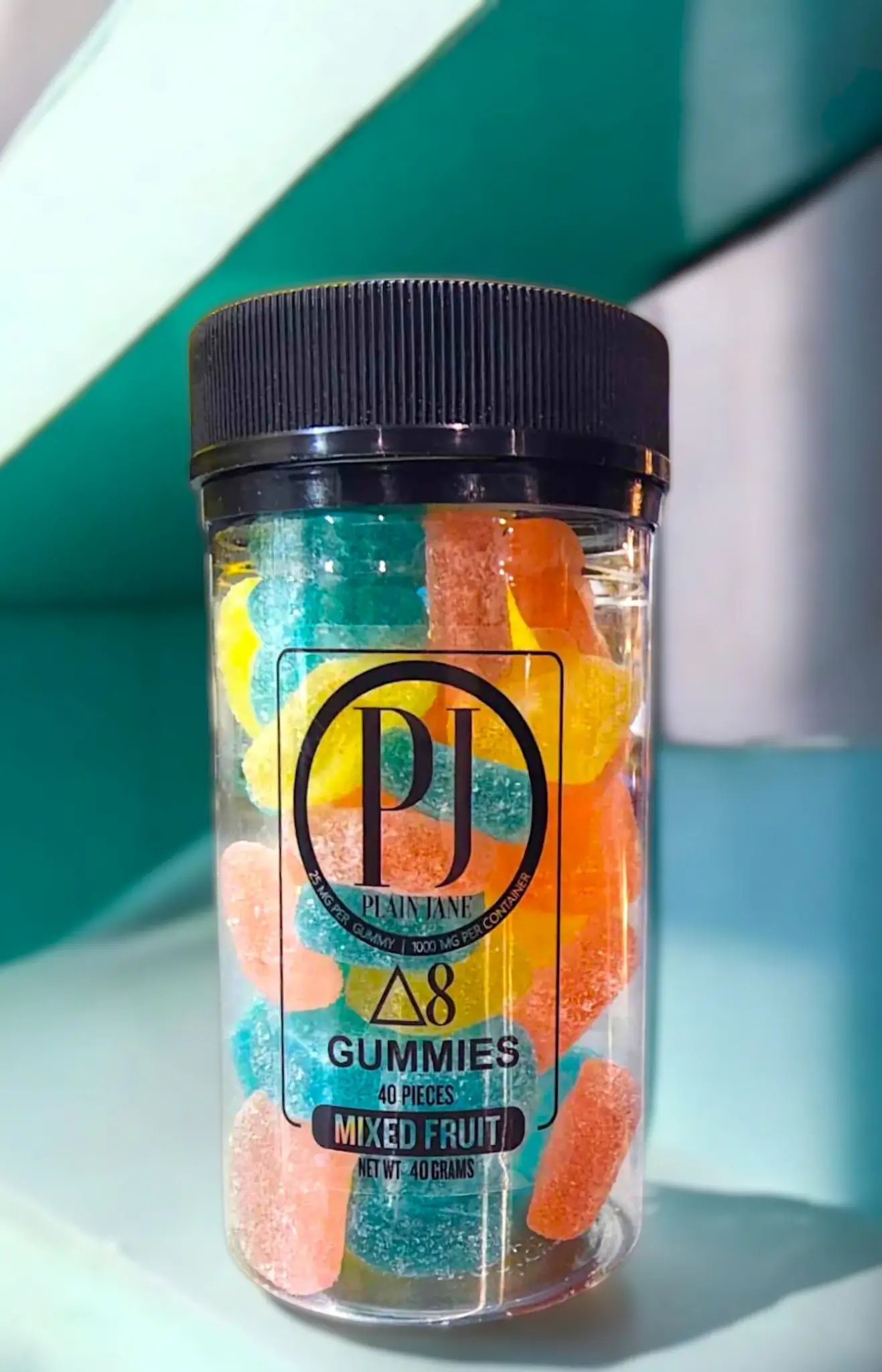
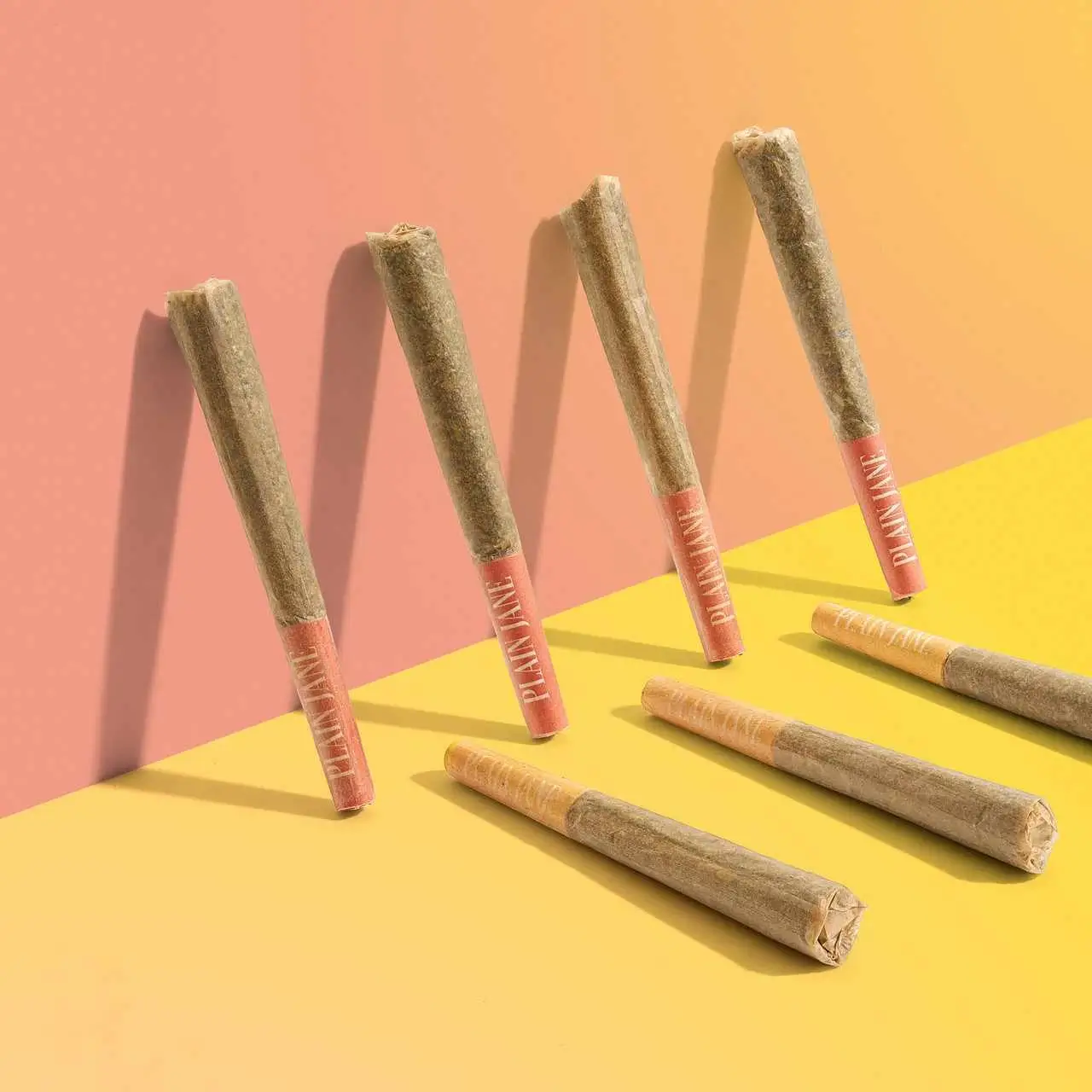
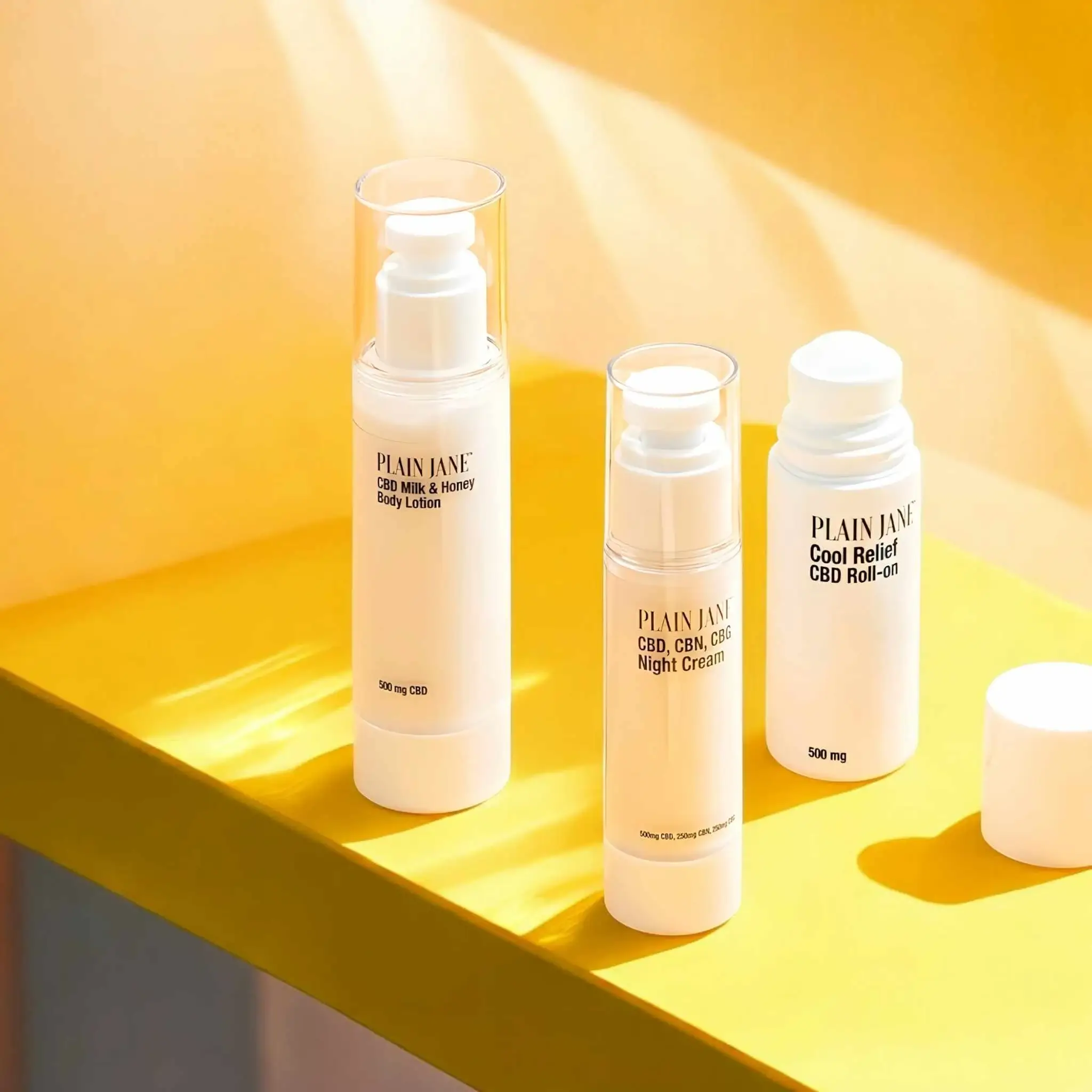
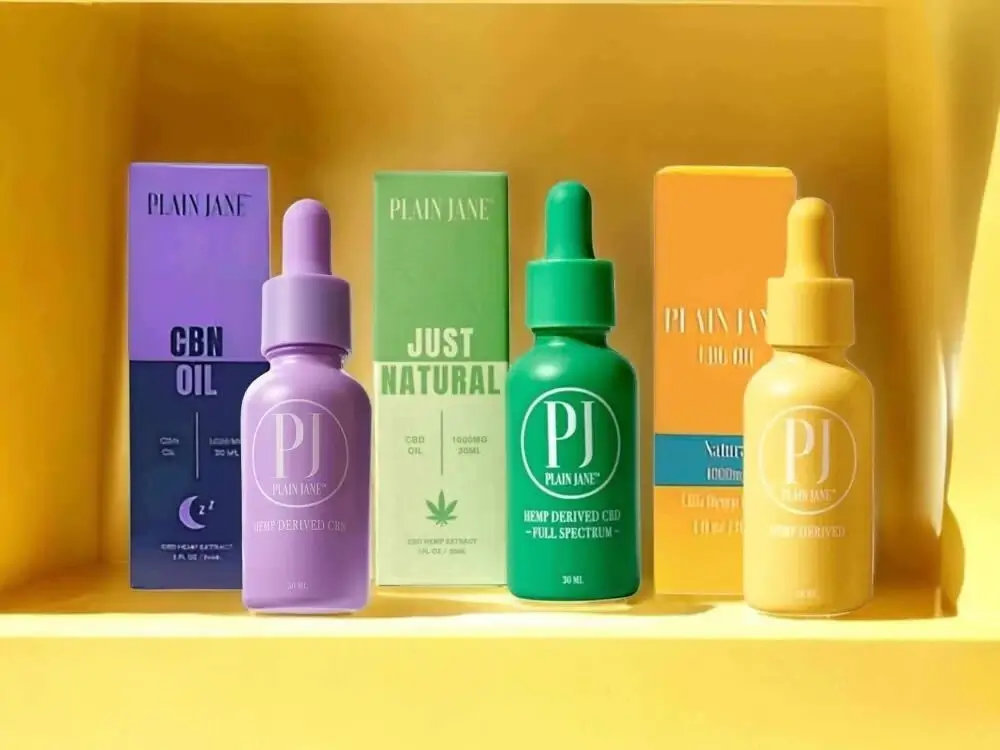
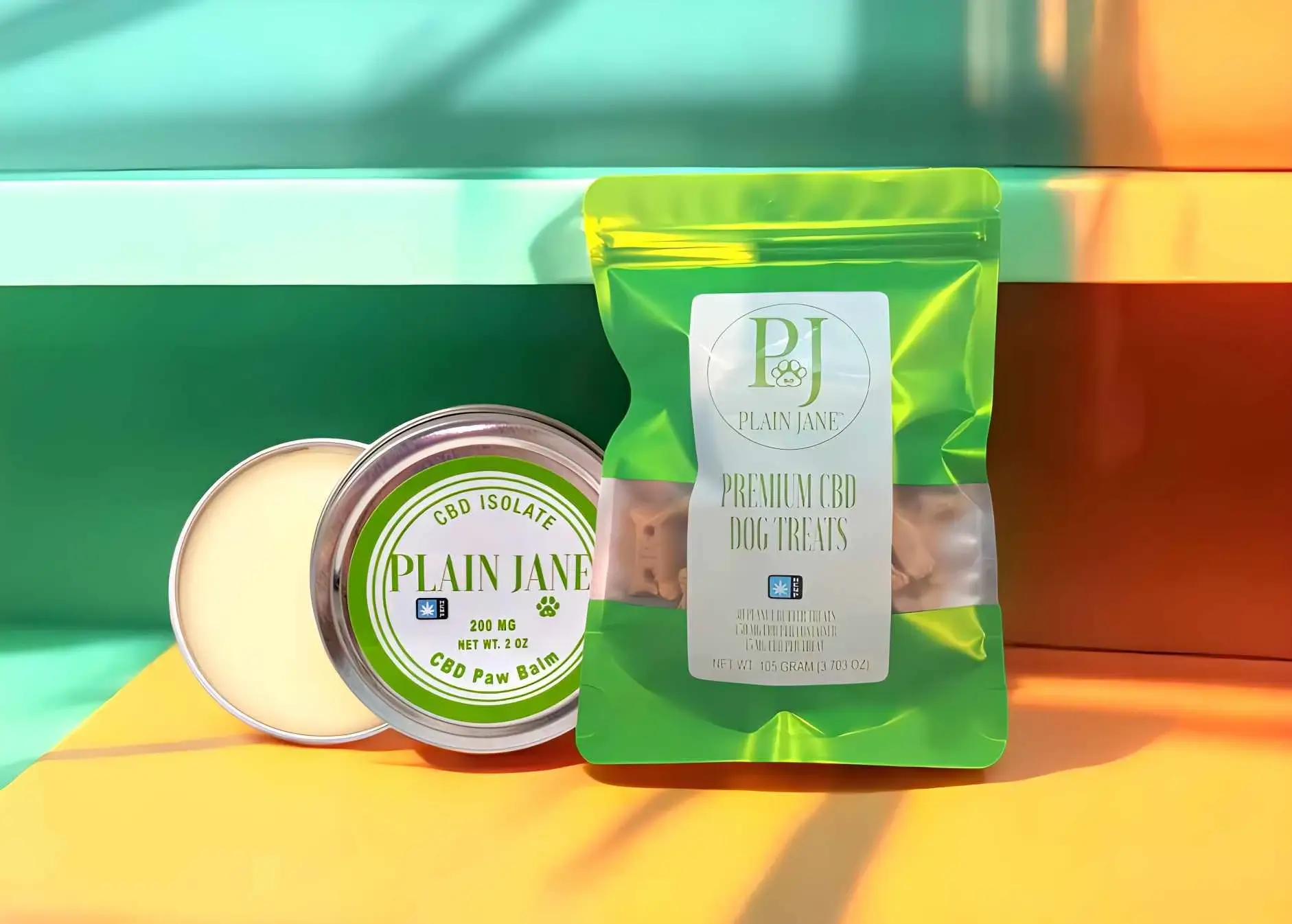
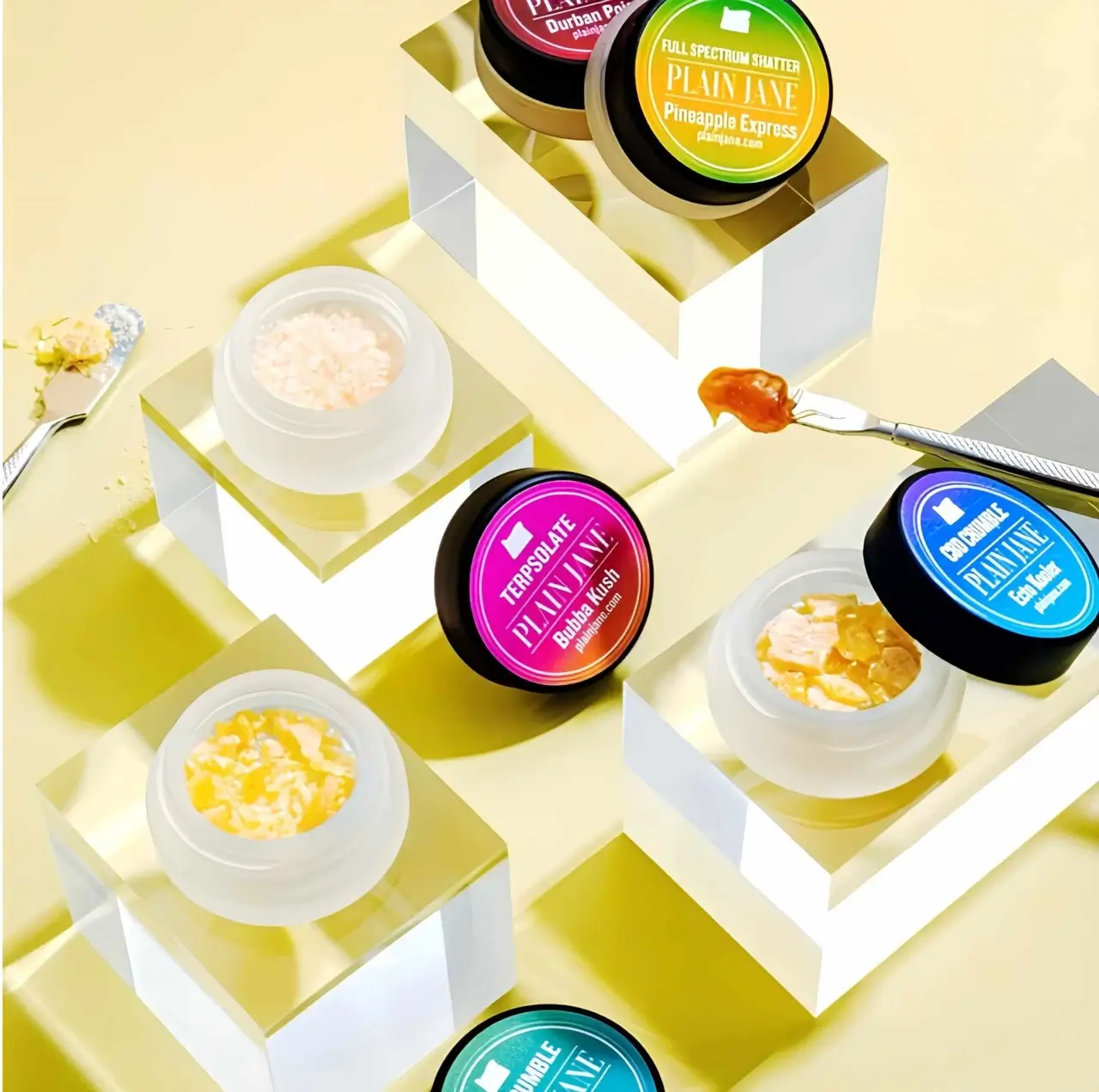
0 comments